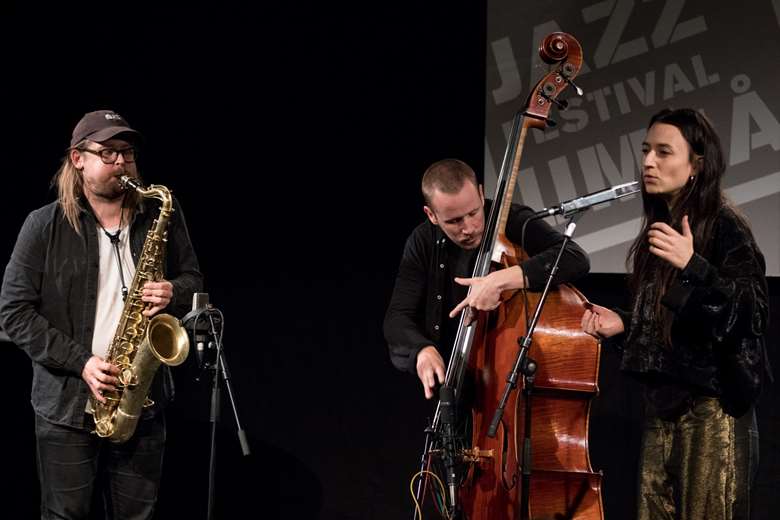Cadotsch Killing It Softly At Umea
Kevin Le Gendre
Thursday, November 7, 2019
Eye-witness account from the annual Swedish shin-dig


Register now to continue reading

Thank you for visiting Jazzwise.co.uk. Sign up for a free account today to enjoy the following benefits:
- Free access to 3 subscriber-only articles per month
- Unlimited access to our news, live reviews and artist pages
- Free email newsletter